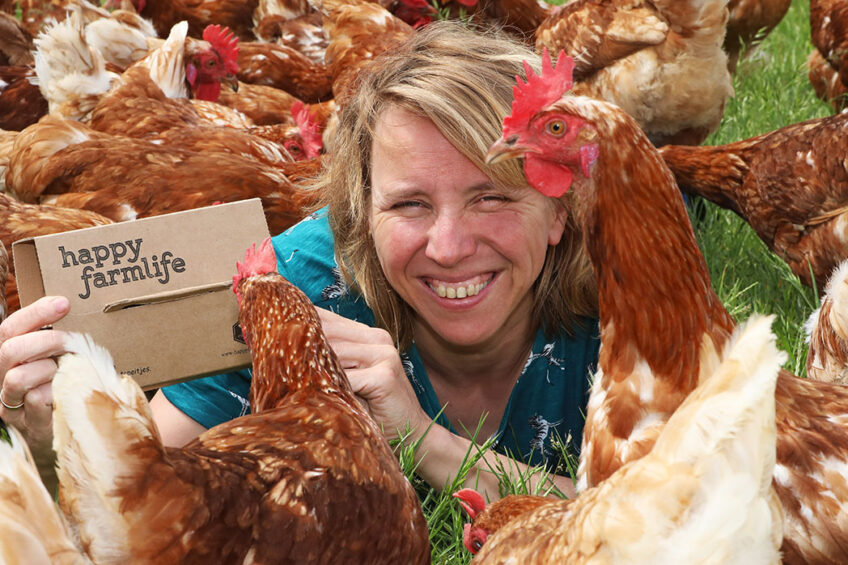Sustainability lessons from the hospitality sector

A total of 15 hotel chains from 10 Southeast Asian countries came together recently to look at building animal welfare into their corporate identity. Quite inspiring for the egg sector, too.
They heard case studies from a small luxury brand, Peninsula, global company, Accor, and well-established firm, Hilton, on how they approached the transition to high animal welfare procurement. Among key strategies identified were the importance of obtaining animal welfare expertise to help educate and align internal teams, the value of internal training for procurement staff and the usefulness of external certification standards in defining cage-free sourcing requirements and qualifying suppliers.
Early engagement with egg producers
David Crestani, senior manager supply management for Hilton, said early engagement with producers was vital: “It signals a commitment to transition towards a cage-free supply, and encourages improvement of existing practises. We also work with hotel teams to effect gradual change through their menu offerings, in anticipation of the future increase in cage-free egg supply.”
Promoting cage-free egg production in SE Asia
A partnership willl establish a training centre to offer farmers training and tools to ensure long-term sustainability and competitiveness in cage-free egg production in Southeast Asia. Read more…
An opportunity to drive cage-free adoption
Andrew Cameron, senior category manager at Accor, said hotel industry panelists had agreed there was an opportunity to work with other industries to drive cage-free adoption, similar to their experience in eliminating single-use plastics.
Collaboration with animal welfare groups
To encourage franchisee adoption of cage-free policies, hotel chains could collaborate with animal welfare groups like Humane Society International (HSI) to support producer engagement. “We understand that the best approach to fulfil cage-free egg commitments is to think holistically and work collaboratively with all invested parties, both internally and externally. Engineering menus are only a piece of the puzzle, and it is with the support of the broader industry, producers, policymakers and NGOs that we can secure a systemic change in how eggs are perceived and purchased globally.”
First cage-free barn opened in Vietnam
Vietnam joins other Southeast Asian countries in the movement to promote cage-free eggs with the opening of the country’s first commercial cage-free barn. Read more…
A growing trend in sustainable procurement
Participants welcomed the opportunity to learn more about how cage-free production was related to the growing trend in sustainable procurement.
“Cage-free is one of our top sustainability policies…”
Samir Wildemann, Fusion’s VP of operations: “Cage-free is one of the top sustainability policies of Fusion Hotel Group. More and more travellers across the region have raised this issue when travelling.”
Matthew Johnson, HIS corporate engagement manager for Southeast Asia, added: “We want to ensure that egg producers and the hospitality industry in Asia have the tools and resources necessary to successfully meet consumer demand for higher welfare products and ensure a cage-free future for laying hens.”












